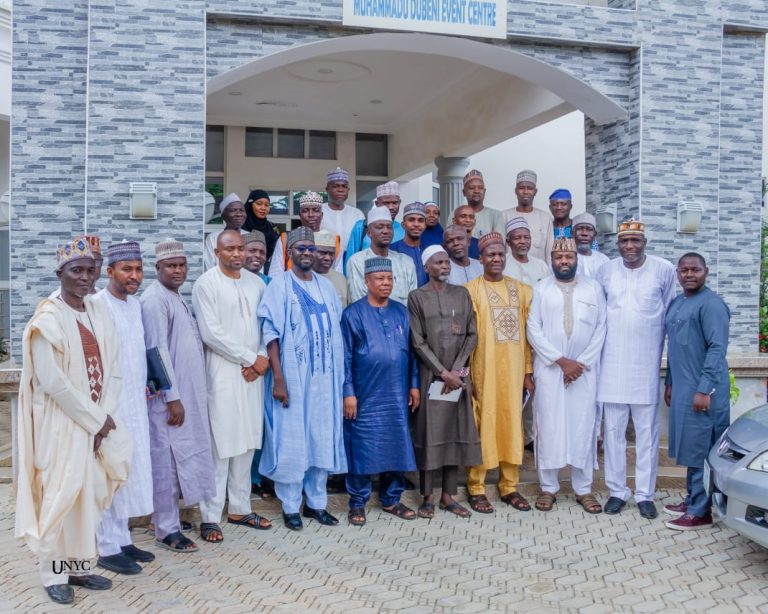A report has indicated that the N20 million released to the Bauchi State Government by the United Nations Children’s Fund (UNICEF) to boost the toilet business has grown to about N80 million.
This disclosure was made during a WASH stakeholders’ meeting held in Bauchi on Tuesday.
The funds were lent to toilet business operators, who subsequently distributed them to households for the construction of improved toilets.
As a result, stakeholders in the WASH sector have called for the adoption of the UNICEF Sanitation Pool Fund Initiative in Bauchi by other states to scale up the construction of improved toilets by households, aiming to curb open defecation in Nigeria.
This call was part of the outcome of a one-day stakeholders’ workshop organized by WaterAid Nigeria to validate and disseminate the Bauchi State WASH situational assessment report. The event was held in Bauchi and attended by representatives from MDAs, CSOs, donors, and the media.
The stakeholders commended the Bauchi State Government for its prudent management of the funds and called for the initiative to be replicated in other states to achieve an open defecation-free society.
While presenting the report to stakeholders, Kolawole Banwo, Head of Advocacy, Policy, and Communication at WaterAid Nigeria, highlighted the report’s findings, noting that access to basic sanitation in Bauchi State stands at 60%, well above the national average of 46% and the regional average of 51%.
ALSO READ: Senator Natasha facilitates entrepreneurial skill acquisition for youths
“Apart from this, the presence of handwashing facilities with soap on premises is about 19%, above the regional and national averages of 12% and 17%, respectively,” he added.
Regarding gaps in the report, Banwo identified the lack of permanent leadership in agencies such as the Bauchi State Small Towns Water and Sanitation Agency (BASTOWA), Bauchi State Water Services and Regulatory Commission, and the State Rural Water Supply Agency (RUWASA) as contributing to management challenges. He urged the government to appoint substantive heads for these
